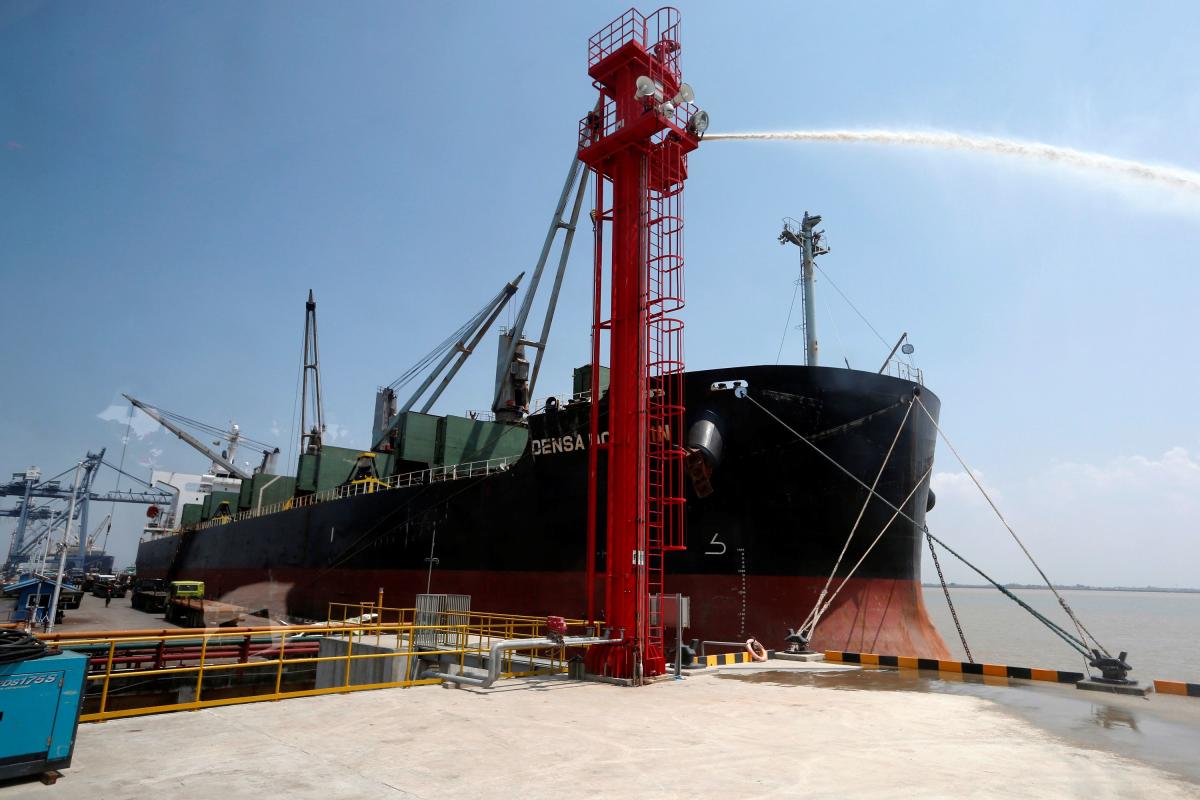The news
Myanmar’s bloody civil war is hampering Beijing’s plans for a key trade route, the BBC reported, hampering construction and jeopardizing its most important economic project.
The China-Myanmar Economic Corridor was supposed to give Myanmar access to the world market via the Indian Ocean, lifting the impoverished country and supporting Chinese investment in energy and the extraction of lucrative rare earth metals.
But in the three years since a 2021 coup ousted Myanmar’s elected leader, the ruling military junta has lost control of much of the country, putting the multi-billion dollar project in jeopardy.
SIGNALS
China’s policy of hedging its risks is proving to be a strategic headache
China’s support for both sides in Myanmar is “nothing new,” China analyst Lucas Myers argued for War on the Rocks. Beijing’s policy toward Myanmar has long been a “hedging strategy” since the civil war broke out in 2021, Myers wrote, allowing China to ensure that whatever happens “it comes out on top.” But with the fighting in Myanmar boiling over and an ongoing scandal of Burmese cybercriminals smuggling hundreds of thousands of Chinese nationals across the border, Beijing faces a strategic headache in managing — and arming — both the junta and the opposition rebels. Such self-interest in Myanmar’s stability might make China the most likely outside force to negotiate peace, argued Fulcrum, a research site focused on Southeast Asia, but potentially exploitative interests may not yield the best solution for Myanmar itself.
Beijing fears for energy supply chains
China’s development of economic corridors in the region is part of Beijing’s aim to “influence power dynamics in South Asia and beyond”, according to the Italian Institute for International Political Studies. China is particularly concerned about its energy supply chains, which rely on the 800-km-long Strait of Malacca between Malaysia and Indonesia. Ninety percent of China’s trade was conducted by sea in 2022, and China’s dependence on foreign oil is expected to reach 80% by 2030, meaning Beijing will “move heaven and earth to mitigate the Strait of Malacca and its potential choke point,” analyst Myers wrote in 2021 for The Wilson Center, a Washington D.C.-based think tank. The China-Myanmar trade route, if completed, would allow China to import vast quantities of oil and gas overland from the resource-rich country, in turn developing an “expanded, interdependent market for China,” adding to its “economic and political clout,” Chatham House, a British think tank, wrote.
